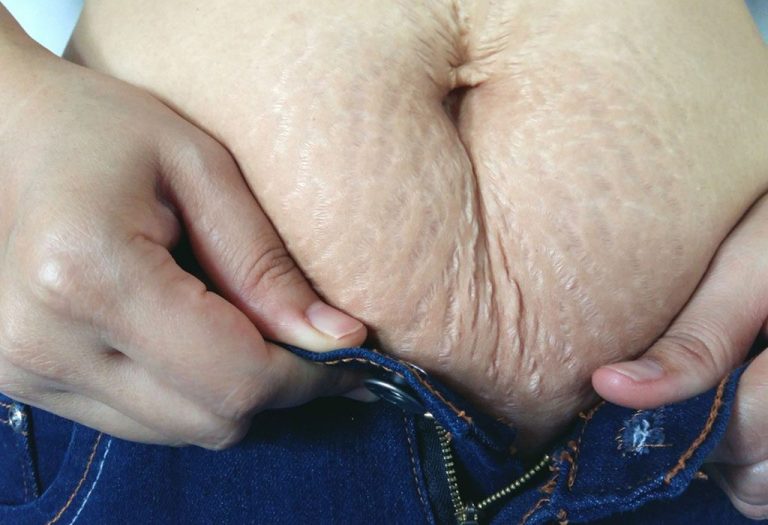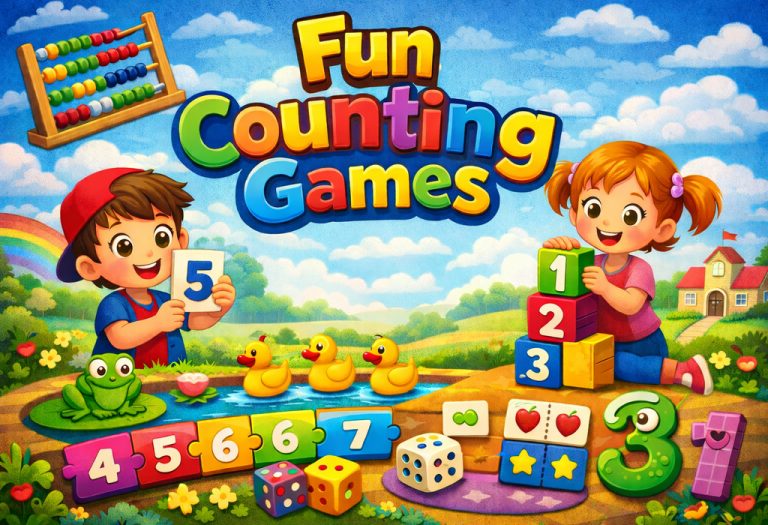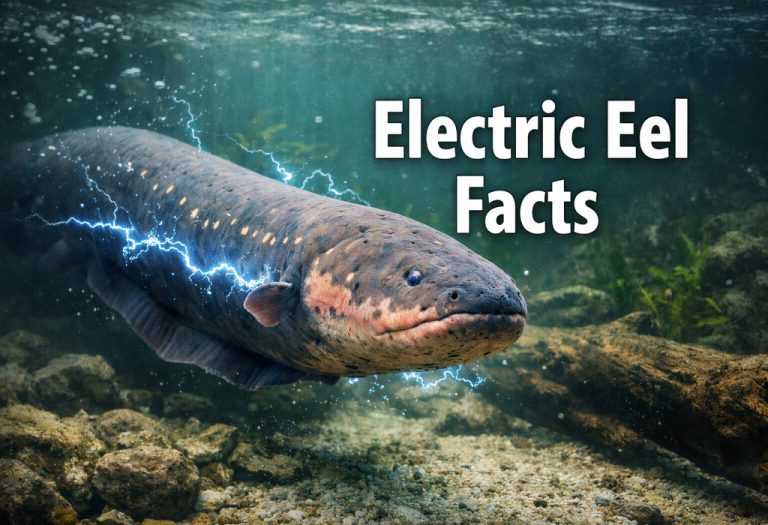Lactating After Baby Loss and Stillbirth

Nothing is more tragic than losing your baby. Sometimes, such occurrences are inevitable, and there may be nothing much that you or your doctor can do. Some women may make an informed decision and terminate their pregnancy, while others may miscarry suddenly. Whatever may be the reason, it may become challenging for a grieving mother to deal with milk supply. Along with grief, there may come cases like breast leaking after miscarriage. Lactating after miscarriage is a sign that your body is still adapting to the change. Let us go through the situation where women experience lactation after the loss of their baby or after a stillbirth.
Is It Normal to Express Milk After Infant Loss?
Yes, it is very typical for a woman to experience lactation for days or weeks after losing her baby (1). Lactation happens due to the hormonal changes that occur inside a woman’s body. This condition may begin within a couple of days after the tragic event. While some women may experience extreme discomfort or pain in their breasts, others may not feel so. You may either let nature do its bit and wait for a few weeks until your milk dries up, or you may step up and take charge and follow some ways to put a stop to your milk supply. The choice is yours; however, if you choose to put a manual stop to leaking breast milk after miscarriage, then you can follow some of our recommendations.
How to Stop Lactation Post Loss of Baby?
Breast milk may make your breasts tender and heavier. Sometimes, your breasts may become engorged or swollen too. It may take you some time to get over your emotional pain, but some ways may help you in reducing your physical pain. Here, we shall be discussing some ideas on how to stop lactation after miscarriage or abortion:
- Sage tea is an effective home remedy that may help in dealing with many medical ailments. You may also consume sage tea to stop your milk production.
- It is believed that taking Vitamin B6 supplements may help in reducing your breast milk supply.
- You should abstain from any nipple stimulation. This is because any kind of vigorous touching or stimulation may increase your milk supply.
- Taking rest to recoup your strength is one of the most effective ways of healing your body. Ensure that you give your body ample rest and let it heal naturally.
- Cabbage leaves can be used to suppress your breast milk production too. Take some fresh cabbage leaves and wash them nicely. Put them in the refrigerator for some time. Apply the cold cabbage leaves on your breasts to put a stop to milk production, and also, to reduce any pain related to breast engorgement. Cold compress or gel packs also help soothe the irritation because of breast engorgement (2).
- Hot water baths are very effective in relieving any pain associated with breast engorgement or tenderness. The flow of warm water on your breasts may ease the milk flow and stop your agony (2).
- Do not wear any underwire bras or tight bras during this time. It may not only make it difficult to stop milk production, but it may also increase your chances of having infections such as mastitis. Wear comfortable and supportive bras (3).
- You can use an ice pack on your breasts to help relieve any sort of pain or tenderness (4). However, make sure you do not use the ice packs for more than 10 to 15 minutes.
- You may take medication to stop lactation after stillbirth after consulting your doctor. Also, you may consume medicine to reduce your breast pain. Over-the-counter tablets like Ibuprofen or Acetaminophen can be used to help reduce your pain and discomfort (5).
- If your breasts feel too full, you may use a breast pump to pump out excess milk. You may do so manually too. Failure to do so may sometimes lead to mastitis and increase your chances of contracting other kinds of infections too (6) (7).
- Some herbs, such as parsley and peppermint, may prove to be helpful in reducing your breast milk supply.
- You can place some jasmine flowers in your bra to dry up milk faster.
- You may get in touch with a lactation consultant to help establish the best ways to deal with this painful situation.
Simple Care Tips Post Loss of a Baby
It may be difficult, but it is vital that you come out of your physical and emotional loss. Here are some simple care tips that you can follow after losing your baby or after the stillbirth of your infant:
- Make sure your body heals well – and for that, you must take ample rest. Pay heed to your diet, too, and make it a point to include a lot of fresh fruits and vegetables.
- Drink plenty of water and satiate your body’s fluid requirement. You may include fresh fruit juices, coconut water, milk and other forms of fluids too.
- You could experience abdominal pain or cramps after a miscarriage or stillbirth. You can use warm compressions to soothe the pain or take painkillers such as paracetamol or ibuprofen to reduce the pain.
- You may massage your lower abdomen to ease any pain in that region. Massaging may also help in reducing any bleeding-related pain and also may assist in getting your womb back to its normal size.
- You should abstain from any sexual intercourse until two days after your vaginal bleeding ends.
- In case you experience any severe abdominal pain, or vaginal bleeding, or you have a high fever, consult your doctor immediately.
The tips mentioned above to stop breast milk after an abortion or a case of stillbirth may prove to be of great help. In case you find anything abnormal about the milk coming out of your breasts, you should approach your healthcare practitioner and report your symptoms. Your doctor may guide you with the best ways to deal with your problem.
FAQs
1. What do I do with the expressed breast milk?
You can donate the breast milk if you like. Some women find it very healing. Besides, it acts as a nurturing gift for those babies who do not have access to breast milk. Donating breast milk is absolutely legal and you can donate them at certified non-profit milk banks or at hospitals. If you’re thinking of donating, start slowly with pumping (about 10 to 15 minutes per breast) and gradually increase the time to avoid discomfort. Adjust your pumping frequency based on how much milk you produce, and gradually reduce it as your production slows down.
2. Can birth control pills be used to bind the milk supply?
Hormonal birth control pills, along with decongestant medications, are known to reduce the milk supply. Please consult your doctor before trying any method as it may harm your body.
3. What else can be done to navigate the brief of the loss?
Donating to charities like blind schools, cancer patient charities, animal shelters, non-profit charitable hospitals, or child empowerment organisations can help with grieving and navigating through the loss.
4. Should I bind breasts to stop milk flow?
It is not advised to bind breasts as this practice will only create the reserve for the milk to form a lump later and cause pain and infections in the breasts.
Losing a baby or miscarrying is one of the most difficult situations that a woman could go through in life. Be strong and do not hesitate to ask for help to overcome your grief. Counselling by a professional qualified in dealing with baby loss and the support of your loved ones will help you get back to your normal life eventually.
References/Resources:
1. Sereshti. M, et al.; An Exploration of the Maternal Experiences of Breast Engorgement and Milk Leakage after Perinatal Loss; Global Journal of Health Science; https://www.ccsenet.org/journal/index.php/gjhs/article/view/53876; 2016
2. Lactation after Loss Information Leaflet; Liverpool Women’s NHS Foundation Trust; https://www.liverpoolwomens.nhs.uk/media/2723/hon_2018-174-lactation-after-loss.pdf
3. Breast care when your baby has died; NSW Health; https://www.health.nsw.gov.au/kidsfamilies/MCFhealth/maternity/Pages/breast-care-when-baby-has-died.aspx
4. Lactation After a Loss; Star Legacy Foundation; https://starlegacyfoundation.org/lactation/
5. Cole. M; Lactation after Perinatal, Neonatal, or Infant Loss; Clinical Lactation; https://www.lunalactation.com/final_clinical_lactation.pdf; 2012
6. Mastitis and Sore Breasts; La Leche League International; https://llli.org/breastfeeding-info/mastitis/#Causes
7. Stopping breastfeeding after the loss of your baby or child; Government of Western Australia; https://www.healthywa.wa.gov.au/Articles/S_T/Stopping-breastfeeding-after-the-loss-of-your-baby-or-child
Also Read:
No Breastmilk After Pregnancy
Pregnancy After Miscarriage
Weight Gain After Miscarriage
Sex (Intercourse) After a Miscarriage
Working Out After Miscarriage for a Quick Recovery
Was This Article Helpful?
Parenting is a huge responsibility, for you as a caregiver, but also for us as a parenting content platform. We understand that and take our responsibility of creating credible content seriously. FirstCry Parenting articles are written and published only after extensive research using factually sound references to deliver quality content that is accurate, validated by experts, and completely reliable. To understand how we go about creating content that is credible, read our editorial policy here.






































